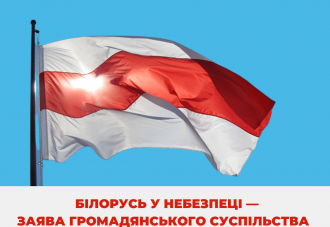CEDEM and the IMC filed their proposals with Facebook’s Oversight Board regarding review and moderation of hate speech complaints made in the course of international or non-international armed conflicts, on the OB case 2020-003-FB-UA (https://cutt.ly/vhMwTKg).
Providing public consultations to the Oversight Board on the cases under review is an effective tool for understanding of the specifics of local conflicts on the part of the latter, ensuring diversity of experiences and opinions, based on which Facebook content moderation decisions are made. Providing public consultations can urge Facebook to review certain policies of online content moderation to subsequently bring this social network’s policies in line with established standards in the sphere of human rights and fundamental freedoms.
What Facebook’s Oversight Board is
It is an independent body checking on Facebook’s and Instagram’s content moderation decisions. Currently, the Oversight Board comprises 20 independent members representing different countries, fields of expertise and practical experience.
What Facebook’s Oversight Board does
If Facebook has removed a user’s post, the latter is entitled to appeal such a removal with the Oversight Board. The Oversight Board does not review all appeal cases due to their large number, but it tries to take decisions on the cases that will have an impact beyond a single case. Facebook does not influence the Oversight Board’s decisions and is bound to follow them unless they are contrary to law.
Why engage third parties to publicly discuss the appeals cases
Before reviewing a case, the Oversight Board engages public organizations and private individuals to participate in the discussion, in order to accumulate different experiences and understand the context of individual issues, including geographical context.
You can read the English and Ukrainian versions of the intervention on http://surl.li/ieev.



